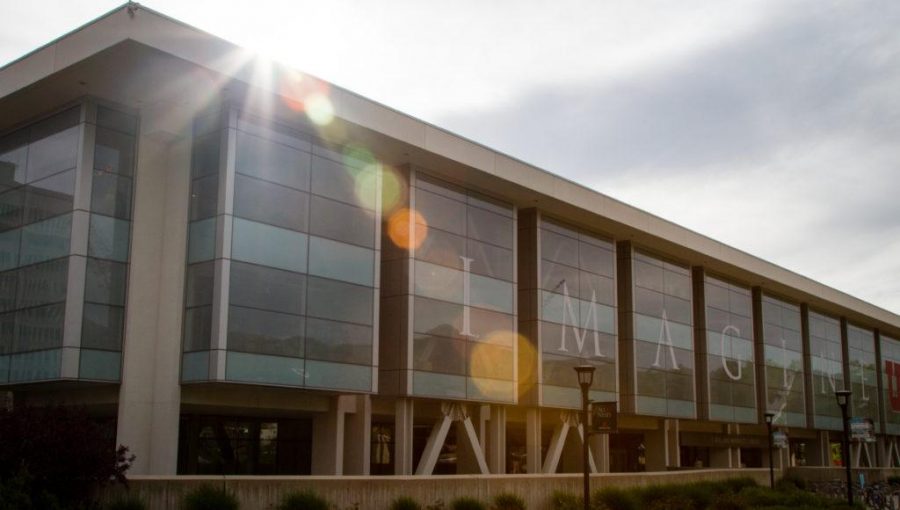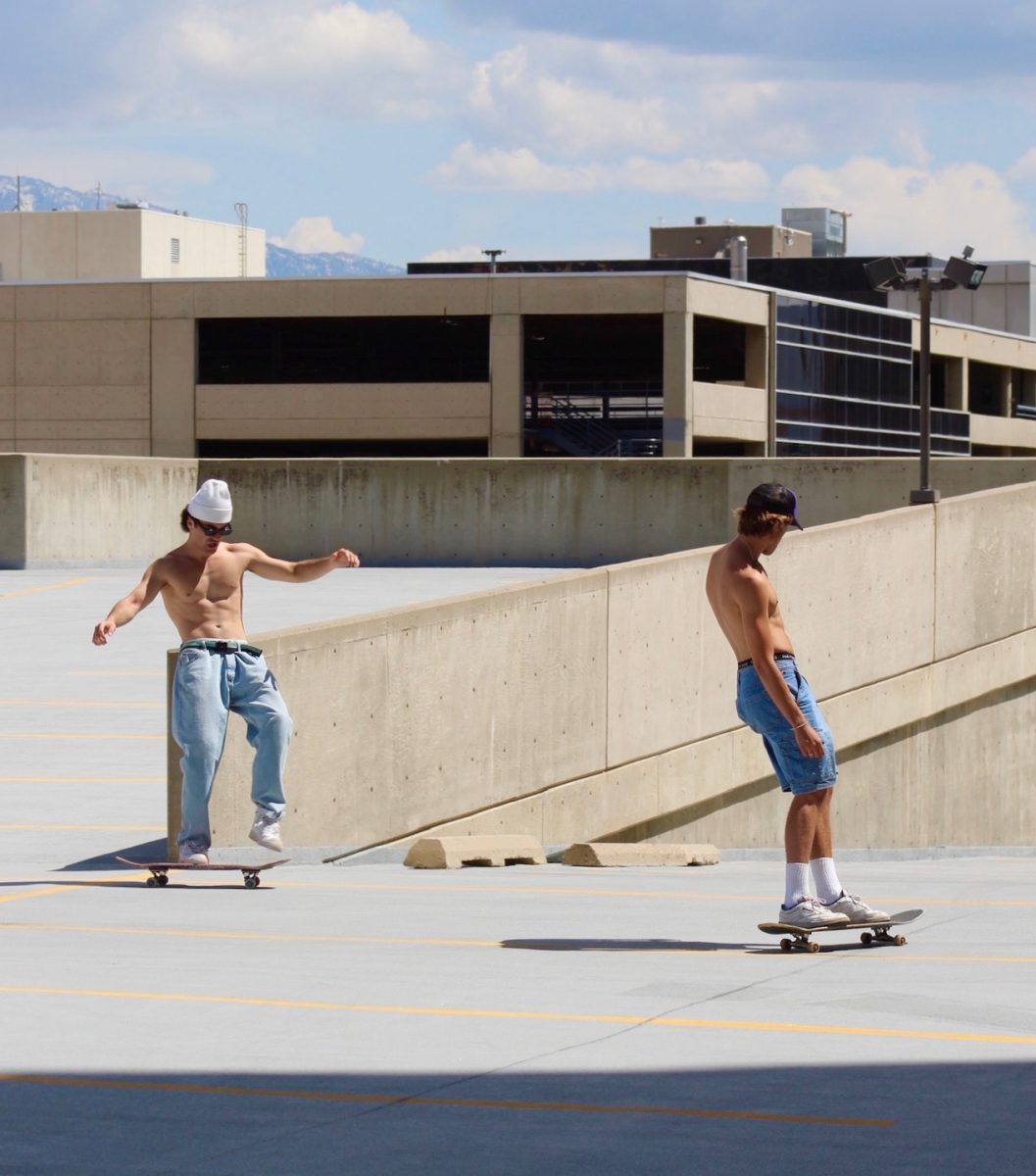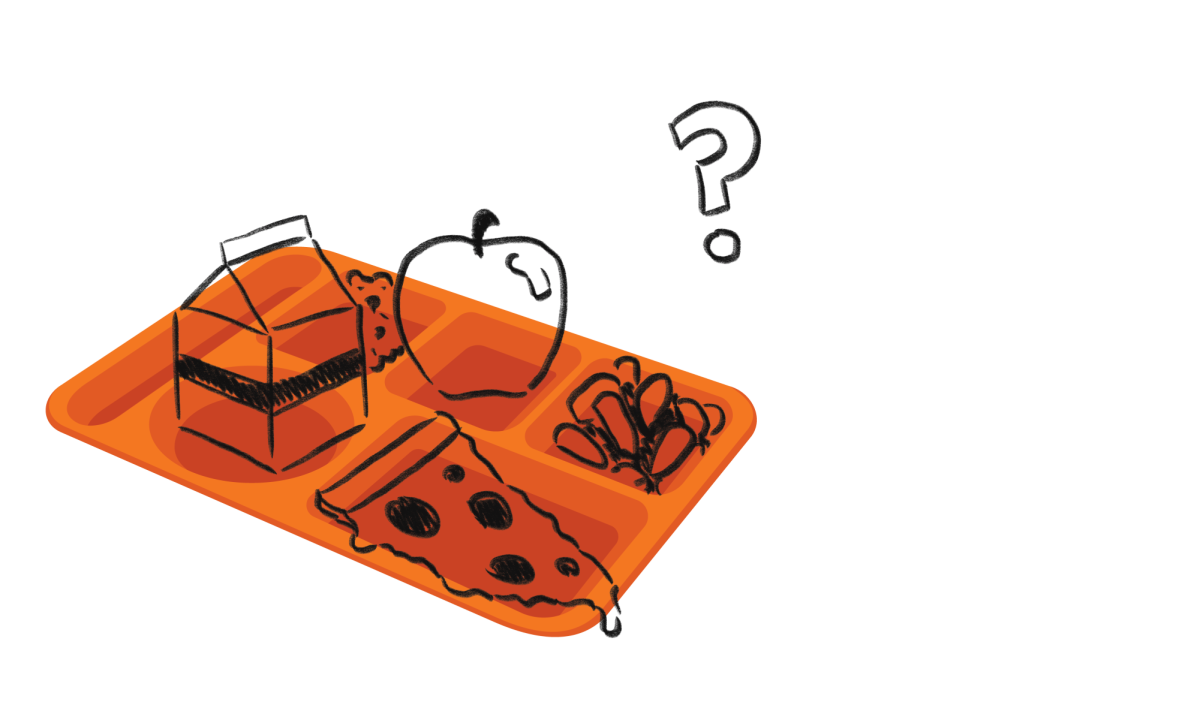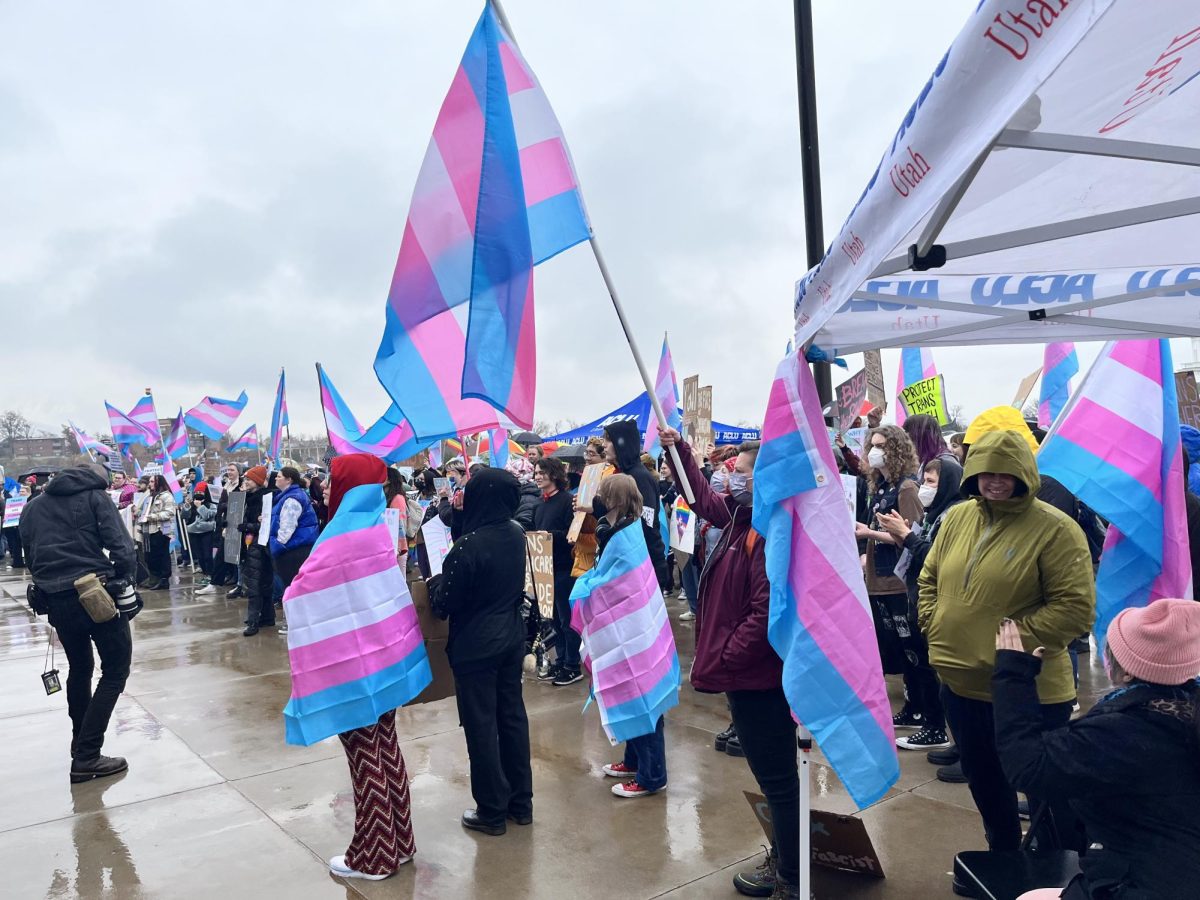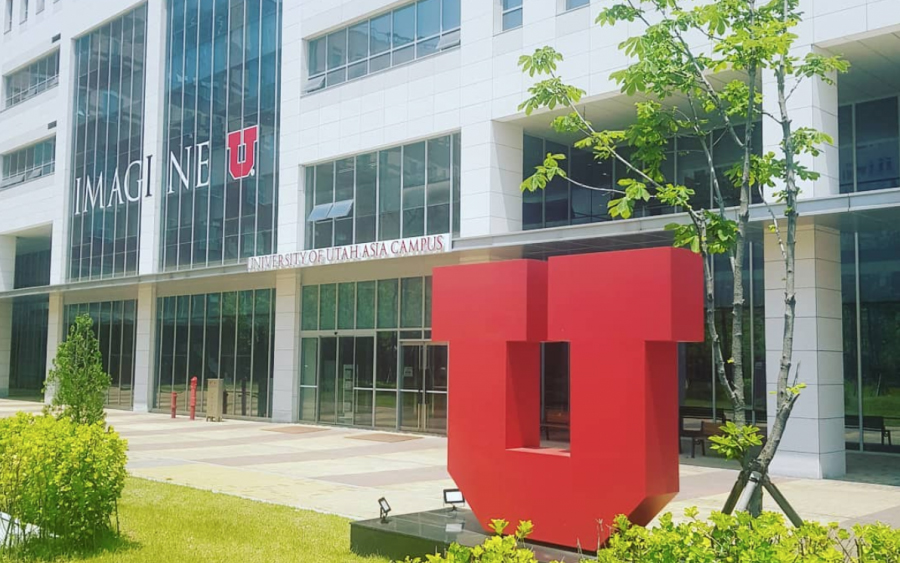Virtual Panel Discussion Hosted by the Marriott Library Addresses Alternatives to Calling the Police
J Willard Marriott Library at the University of Utah, Salt Lake City. (Photo by Adam Fondren | Daily Utah Chronicle)
October 28, 2020
On Oct. 27, 2020, the J. Willard Marriott Library of the University of Utah, in collaboration with Decarcerate Utah, a prison abolitionist collective, hosted a virtual panel discussion about alternatives to calling the police.
In attendance were representatives from the Center for Student Wellness, the University Counseling Center, and Unsafe U, a student-led organization unaffiliated with the U.
The discussion lasted about 45 minutes, with Adriana Parker, the associate librarian for the graduate and undergraduate services department at Marriott Library, asking questions to the panelists.
The first question asked was about how public safety is currently defined in communities.
“Here at the U, as a student, I would define safety as the security of knowing that when I go out in public or even in the safety of my own home that I am both physically and mentally safe and that if there was something to occur that there is a system in place to restore that security,” said Tayler Bseiso, an ACES peer health educator with the Center for Student Wellness.
Rebecca Hardenbrook, a founder of Unsafe U and Ph.D. student studying mathematics, said safety is defined by those in power.
“I think it should instead be defined by those who have been systemically not in positions of power, meaning the students from groups who are being most harmed by safety issues,” Hardenbrook said.
Ellie Goldberg, a victim-survivor advocate with the Center for Student Wellness, said in order to create systems of safety that center those who have been the most harmed, safety must be redefined to recognize the harm that has been caused.
“Shifting into that paradigm from kind of upholding property and power as the definition of safety and more into a humanistic definition of what safety is, and allowing folks to define that for themselves and then have that move upwards to where power is held,” Goldberg said.
The conversation then moved into envisioning what a redefinition of safety would look like at the U.
Devon Cantwell, a founder of Unsafe U, acknowledged the new division of community services under the Department of Public Safety, saying they are taking steps in the right direction by decentering law enforcement in responding to certain calls.
“If you’re just creating something that’s like ‘police plus’, you’re always going to end up having police and law enforcement being the center of that,” Cantwell said.
A problem emphasized by the group was the lack of resources for those experiencing various forms of gender-based violence.
“A lot of our domestic violence centers in Utah do actively work with law enforcement and access to services often requires documentation or paperwork, so that’s a huge barrier,” said Colt Robbins, a U student representative for Decarcerate Utah.
Some panelists suggested the concept of agency as the most important aspect of accessibility to resources; this can be achieved by giving an individual a menu of options, rather than providing one avenue for help.
“I think that’s one thing that can be particularly harmful sometimes about our knee jerk response to involve law enforcement in gender-based violence because I do think oftentimes that can limit the potential options and really narrows what folks think about in terms of how they can get justice in that situation or how they can become safe,” Cantwell said.
Goldberg acknowledged the various levels of support that exist within a community, through networks of individuals who offer to be “safe people” for their friends and family.
“It doesn’t necessarily have to be a formal organization, but we have these communities among ourselves… remembering that we have these people in our lives hopefully that are safe and healthy that we can reach out to… we have mutual aid among ourselves,” Goldberg said.
Another topic discussed was the topic of criminalization of those with disabilities. Parker said they are often met with police violence.
Robbins said there it is important to talk about where this criminalization comes from; while the U may have resources for victims, not everyone can access them.
“We know that the school-to-prison pipeline targets students with disabilities heavily and that students with disabilities are much more likely to be referred to police officers or receive disciplinary measures,” Robbins said.
The discussion then moved into a more specific dialogue about questions one should ask themselves if they are considering calling the police.
“Before you call the police, look at the identities present and understand the history behind how police interact with those identities,” Bseiso said.
The conversation shifted to discussing the difference between defunding and abolishing the police. Hardenbrook said defunding the police is about redistributing funds from the police to other resources that need funding, while abolishing is more about giving power to those who policing has traditionally taken advantage of.
“Abolishing from my perspective is more about re-envisioning safety within our community and turning the power of protecting and serving our community to that community itself rather than relying on a militarized system which often intimidates and harms that community,” Hardenbrook said.
The discussion ended with each organization providing resources they offer to address issues where police would traditionally be called.
Robbins talked about the Decarcerate Utah webinar, which focused specifically on alternatives to calling the police. Additionally, there is now a student branch of Decarcerate Utah at the U, called Students for Decarceration.
Goldberg held up a book entitled Beyond Survival and turned the panelists’ attention to Chapter 14, “Maybe you don’t have to call 911” which discusses different options for individuals in terms of community response and crisis intervention.
She then offered resources for those who have experienced sexual assault, stalking, or domestic and dating violence, which is uploaded to the Center for Student Wellness’ social media.
Cantwell said Unsafe U is working on getting funding for a student escort service so individuals who do not feel comfortable calling for a police escort can have an accredited and reliable way to arrive at their destination safely.
“A really simple example we’re working on right now is reducing our reliance on UPD for folks who don’t feel safe walking on campus… We’ve heard from a lot of BIPOC and LGBT students on campus, they don’t feel comfortable calling that number,” Cantwell said.


